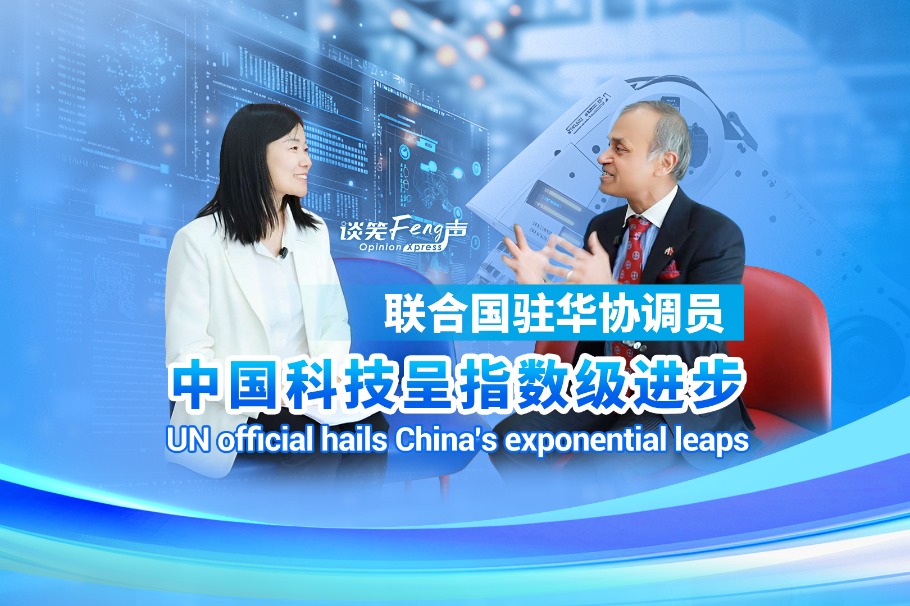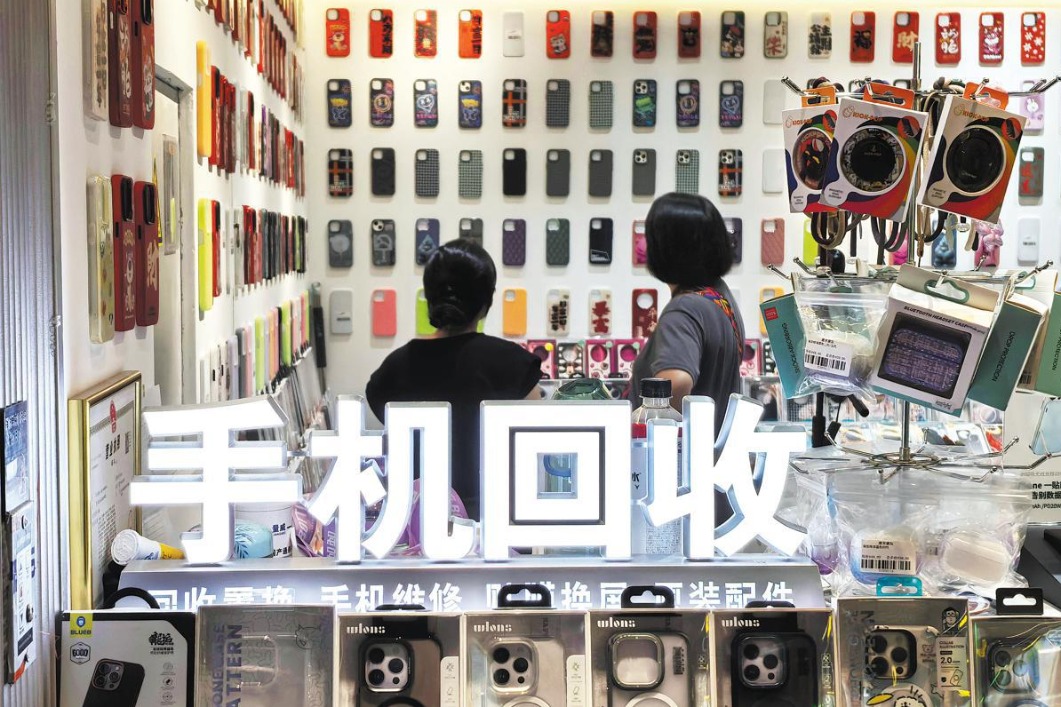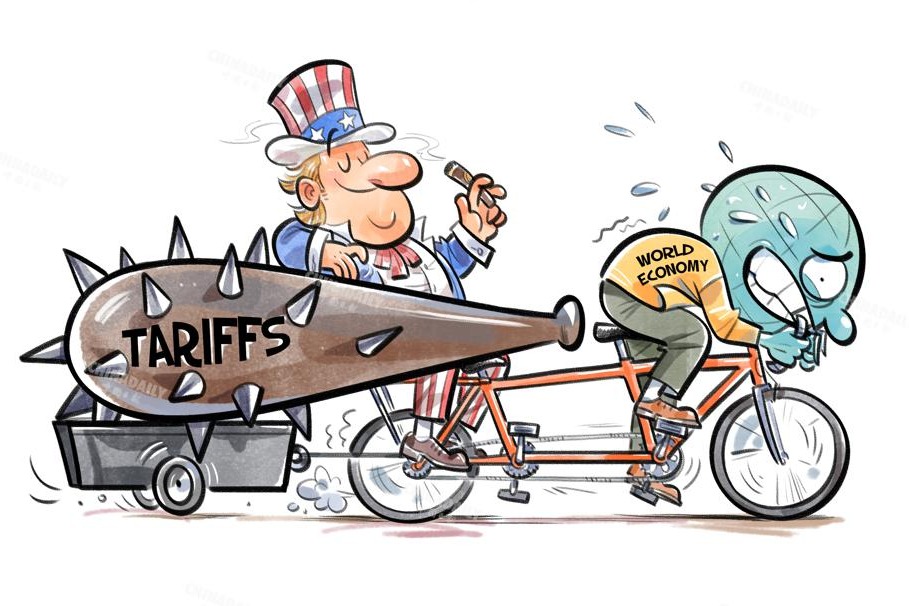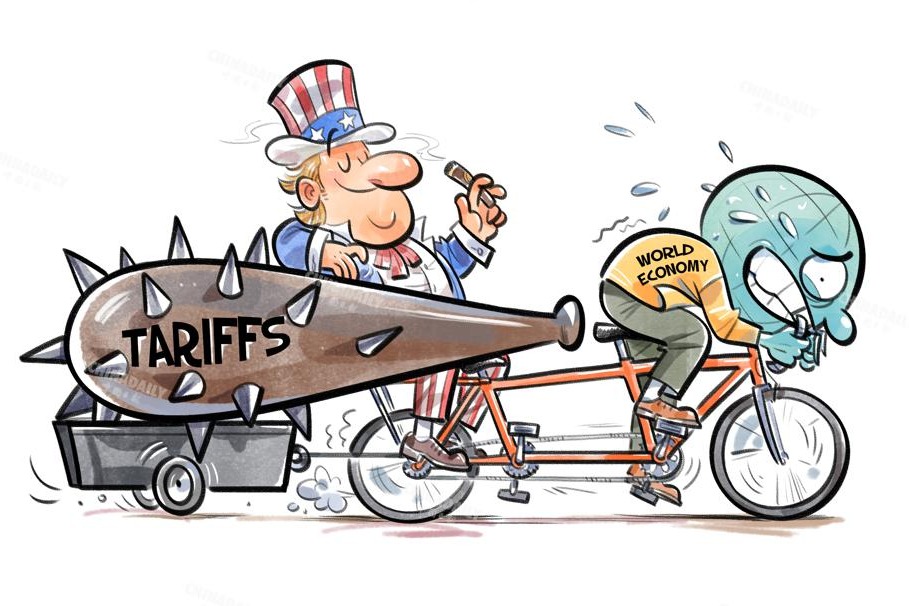Cooperation key to global AI development

When asked about the US' foreign policies
Wu Shicun: As a scholar, I've been keeping a close eye on how the Trump administration's policies might affect the situation in the South China Sea. I have noted that the Trump administration has shown unprecedented strong attitude and offered some pretty bold ideas, like trying to buy Greenland, talking about making Canada the 51st state, and wanting to take back control of the Panama Canal. It looks like they want to redraw global boundaries, which has got a lot of people worried. It looks like the EU has stood behind Denmark on the Greenland issue, and Canada has rejected the notion of becoming the 51st state. While the US has withdrawn from several international mechanisms like the WHO, most nations today prefer to maintain the existing international order. I think that China, France, and the EU would prefer to have the UN-centered international system be effectively preserved.
Regarding AI, from my perspective, AI is a product of human civilization and technological advancement. We should share the benefits of technological progress and address potential risks together. For example, when the US invented cars and airplanes, could they prevent other countries from using them? No, and the same applies to AI. Our current discussions about AI governance are perfectly reasonable, just like traffic rules were established after the invention of automobiles. The technological progress belongs to all of humanity, and we should work together to establish fair and reasonable governance frameworks that benefit everyone.
Wu Shicun is chairman of the Academic Committee of the China South China Sea Research Institute and president of the Huayang Marine Research Center.
































